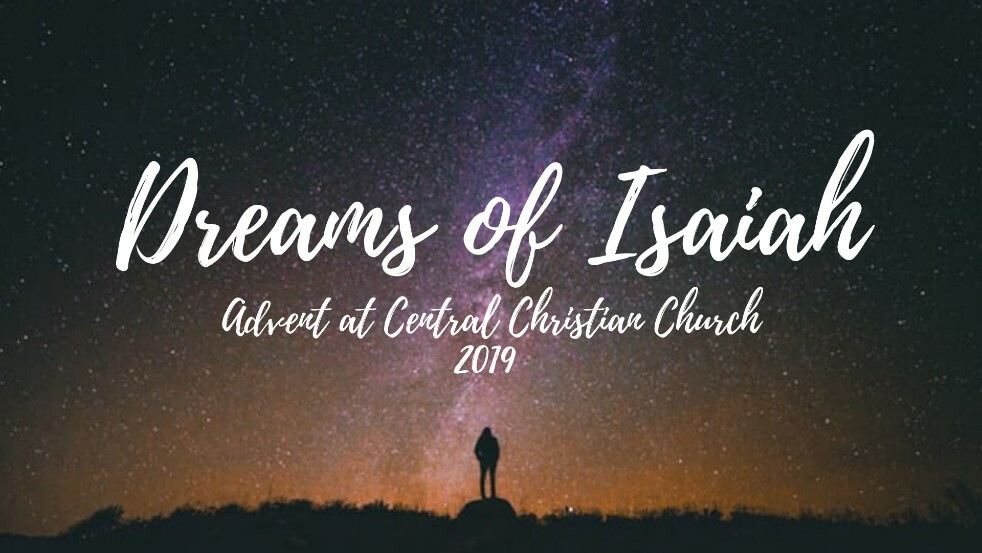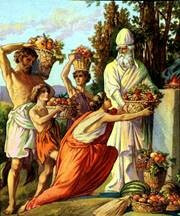Talk Less… Listen More!
“Can you hear me now?” We know exactly what those words imply. Someone is talking on their cell phone and there is a disruption in the conversation. Desperate to reconnect, one caller asks the other “can you hear me now,” knowing there is no point in continuing the conversation unless the other one is fully tuned in. A generation (or two) ago, something similar could be said with a T.V.’s antenna. “Can you see me now?” the television set seemed mockingly to ask as someone in their living room or dorm room would frantically manipulate the antenna’s long arms – even wrapping wadded up aluminum over the ends – in the attempt to see the picture clearer and receive a stronger signal.

Believe it or not, these everyday examples teach us an important aspect of prayer. In both, the disruption in communication comes not from the sender but the receiver. The one sending the message is talking away and sending all kinds of information over the airwaves. The problem lies not with them. They are communicating just fine. But if the receiver is actually to receive the message, the receiver has to do something – move, adjust something, take on some activity until the signal is reconnected. Similarly, when it comes to faith, God is continually and constantly communicating to us - through revelation in the natural world; through our conscience and instincts; through our lived experiences; and certainly through the Holy Word. The question is “Are we receiving the message God is sending?”
Enter prayer… where prayer is as much about listening as talking. It is removing the clutter, distractions and noise from our lives so that we can hear a God who is always speaking. It is making adjustments in our daily lives and creating the kind of environment where the signals God sends can be received.
In our Christian walk and certainly in our worship, we rush to fill voids with words. When it comes to prayer, we discuss techniques and methods for how to pray. These usually involve what kind of words we are speaking to God and in what order. There is clearly value in such things. The words we speak matter. They should include things like praise, adoration, confession, thanksgiving and a concern for others. Yet, I like to think of prayer first and foremost as listening. “Be still and know that I am God” says Psalm 46:10. So it is that when we allow moments of stillness to permeate our lives, listening is much more likely to follow.
The first commandment God gave to Moses in Exodus 20 is given in another way in Deuteronomy 6:4-5. “Hear, O Israel, the Lord our God, the Lord is one. You shall love the Lord your God with all your heart, with all your soul, and with all your might.” These two verses have a name. It is “Shema” in Hebrew, which literally means “hear” and is taken from the first word of the commandment. Our ancient ancestors have been calling this “The Shema” for millennia, as though they understood that for there to be any kind of action involving heart, soul and might, listening was required.
So this week, as you are taking time to devote your attention to God, give yourself a break and worry not about your words – whether they are sophisticated enough; theologically proper enough; even whether they are pleasing to God. Rather, consider taking a few moments to just “be still” and listen. After all, God gave us mouths that close and ears that don’t. Maybe that is for a reason??



